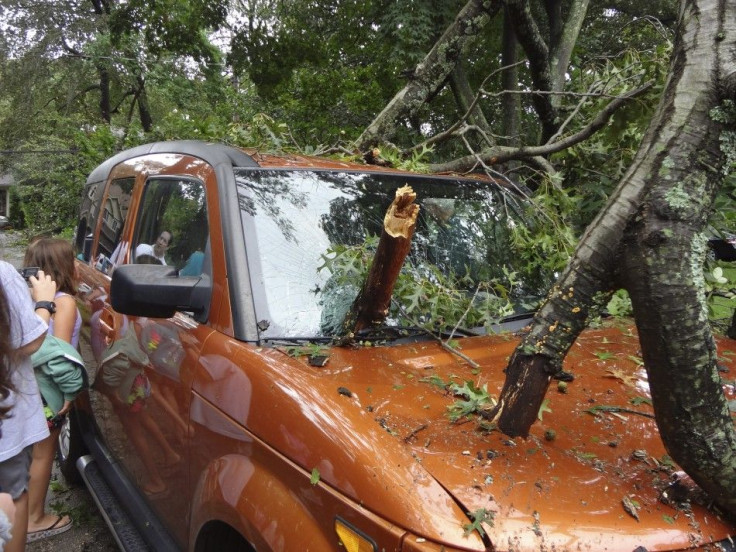Hurricane Irene Cleanup Funding Causes Washington Budget Battle

As states along the East Coast begin to clear away Hurricane Irene's wreckage, Washington began a fresh round of budget sparring over how to help pay for the cleanup.
Republicans are insisting that spending on hurricane recovery be offset by cuts elsewhere, while Democrats contend that it would be irresponsible to diminish the country's ability to respond to emergencies.
Yes there's a federal role, yes we're going to find the money. We're just going to make sure that there are savings elsewhere, Eric Cantor, the No. 2 Republican in the House of Representatives, told Fox News.
Sen. Mary Landrieu, D-La., shot back that such a move would be reckless, saying in a statement that it makes no sense to cut programs that help respond to future disasters in order to pay for emergencies that have already occurred.
President Barack Obama has pledged that the federal government will help states cover the cost.
Irene Prompts Resource Diversion
While the government has yet to release an estimate of the cost, recovering from Irene will almost certainly come with a price tag in the billions of dollars. Speaking to PBS' Gwen Ifill, Homeland Security Secretary Janet Napolitano noted that the Federal Emergency Management Agency has had to contend with 65 different natural disasters this year. While Napolitano offered a reassurance that survivors' needs will be met, the Washington Post reported Tuesday morning that FEMA was suspending payments to some southern states to pay for Irene.
Projects that were already under way in places like Joplin in the Midwest where we had all those horrible tornadoes, those projects will continue to be funded, said Napolitano. The only adjustment we made over the weekend was to say no new projects in old disasters will be started until we make sure that the immediate needs of the Irene survivors are met.
Republicans also sought to curtail disaster relief funding in April, even as some states were still reeling from a series of devastating tornadoes.
© Copyright IBTimes 2024. All rights reserved.











